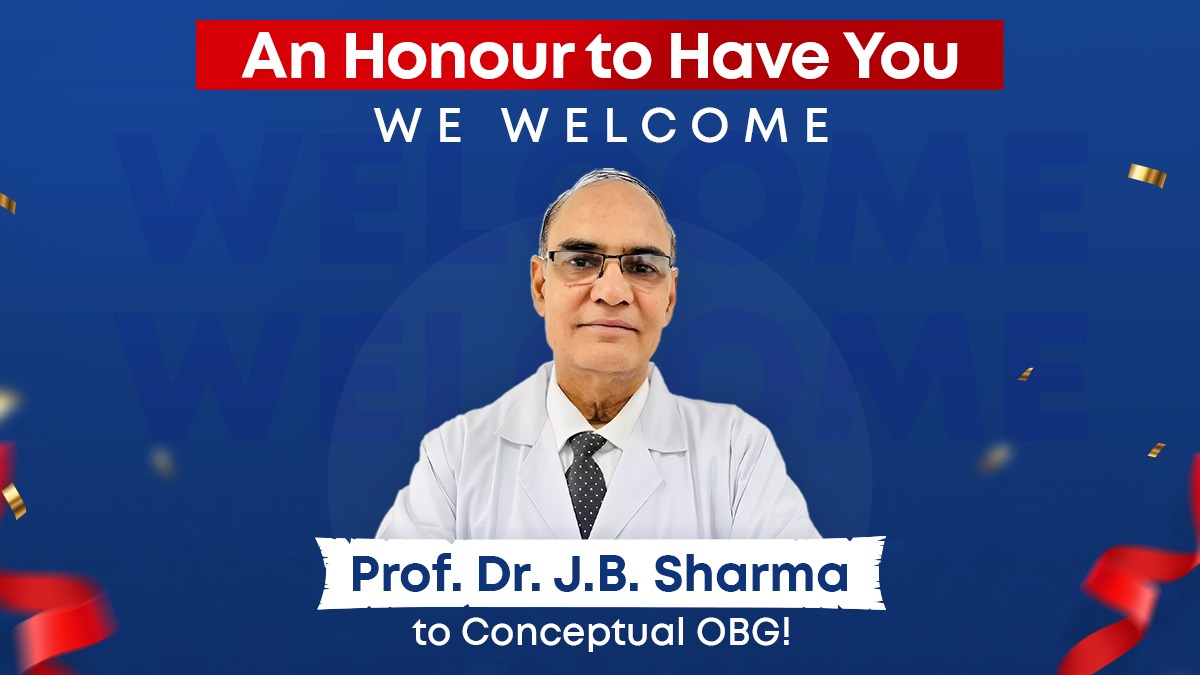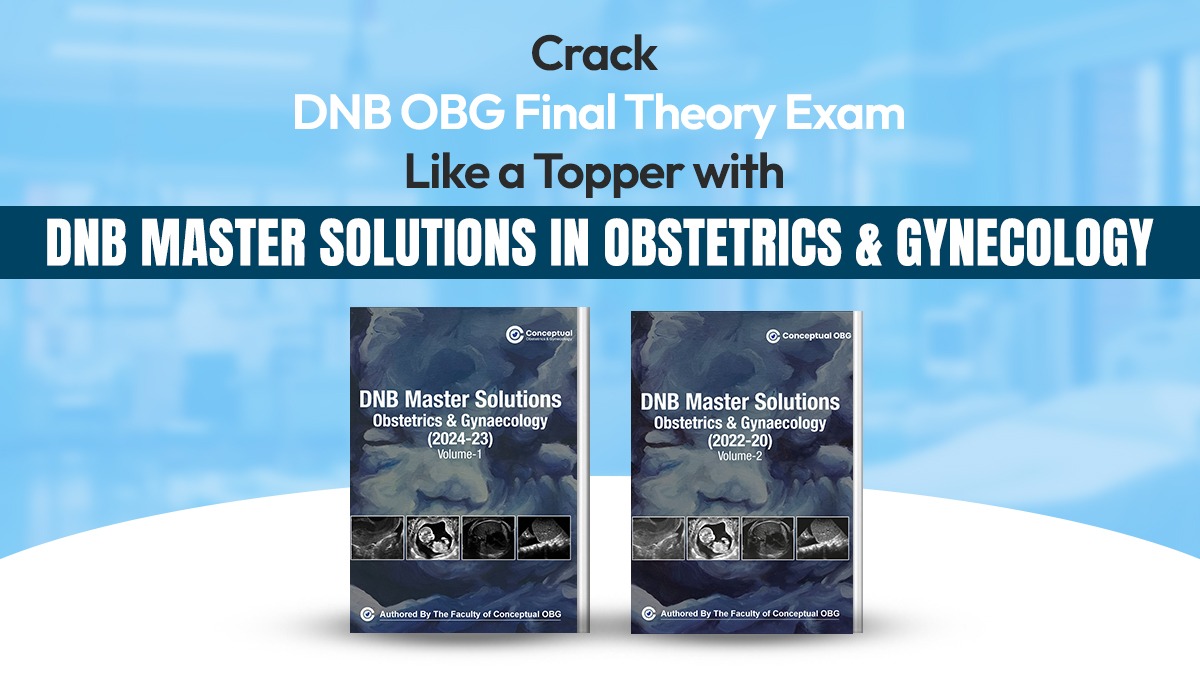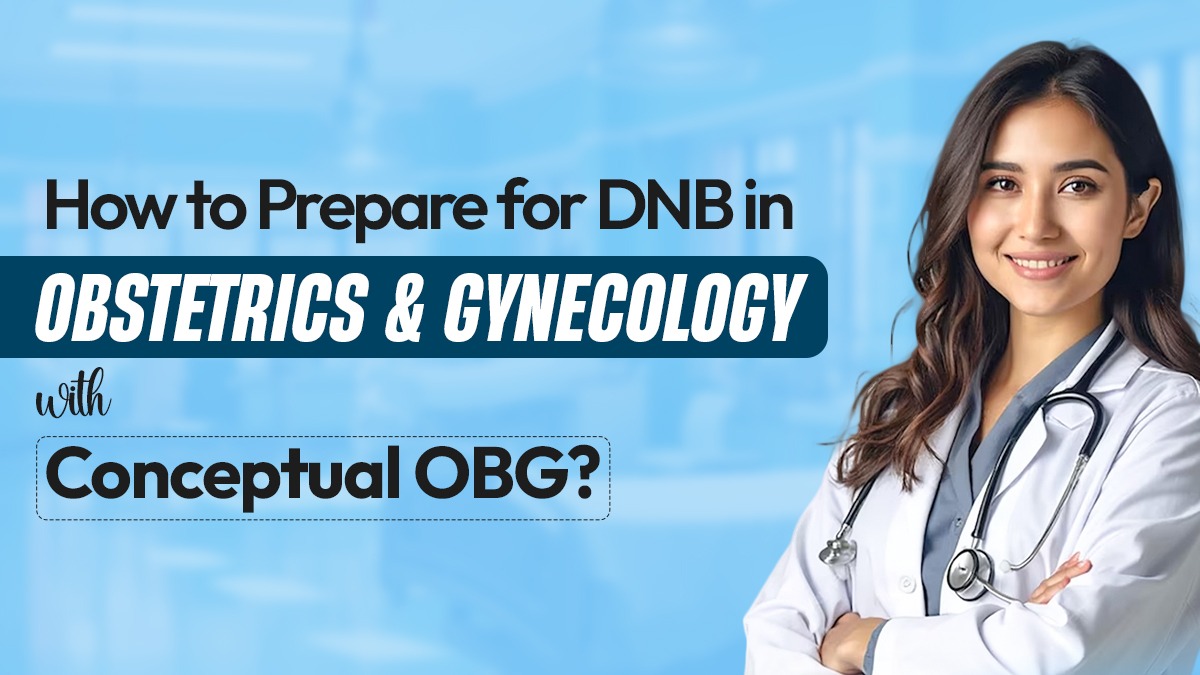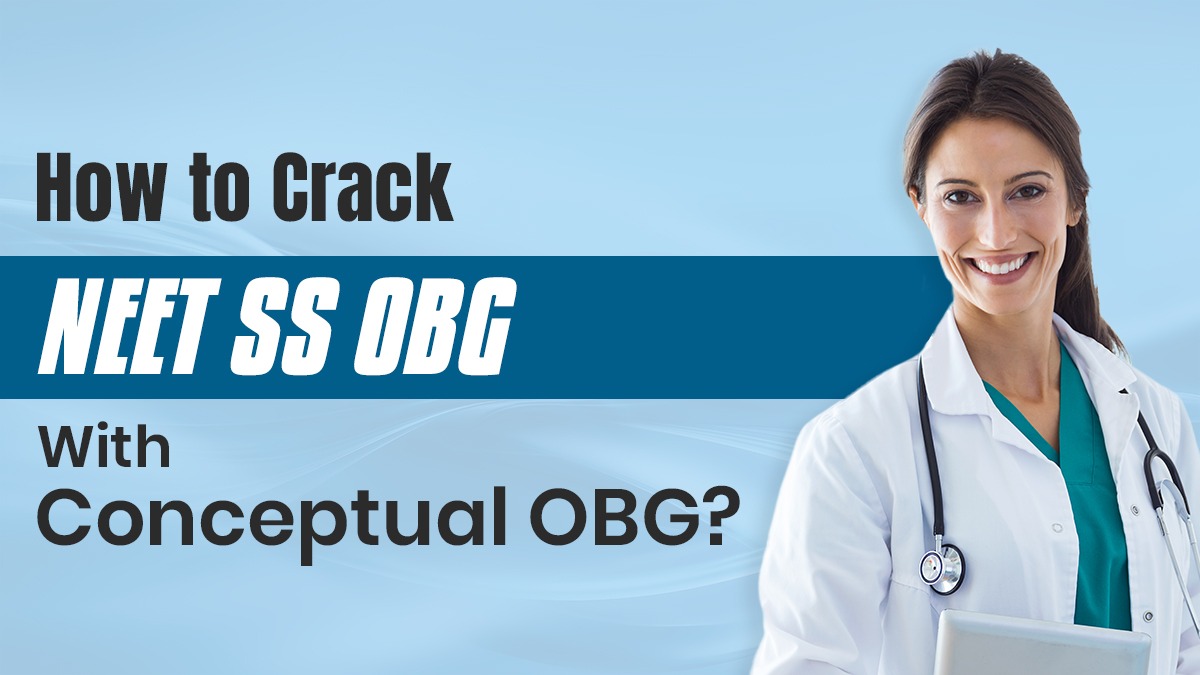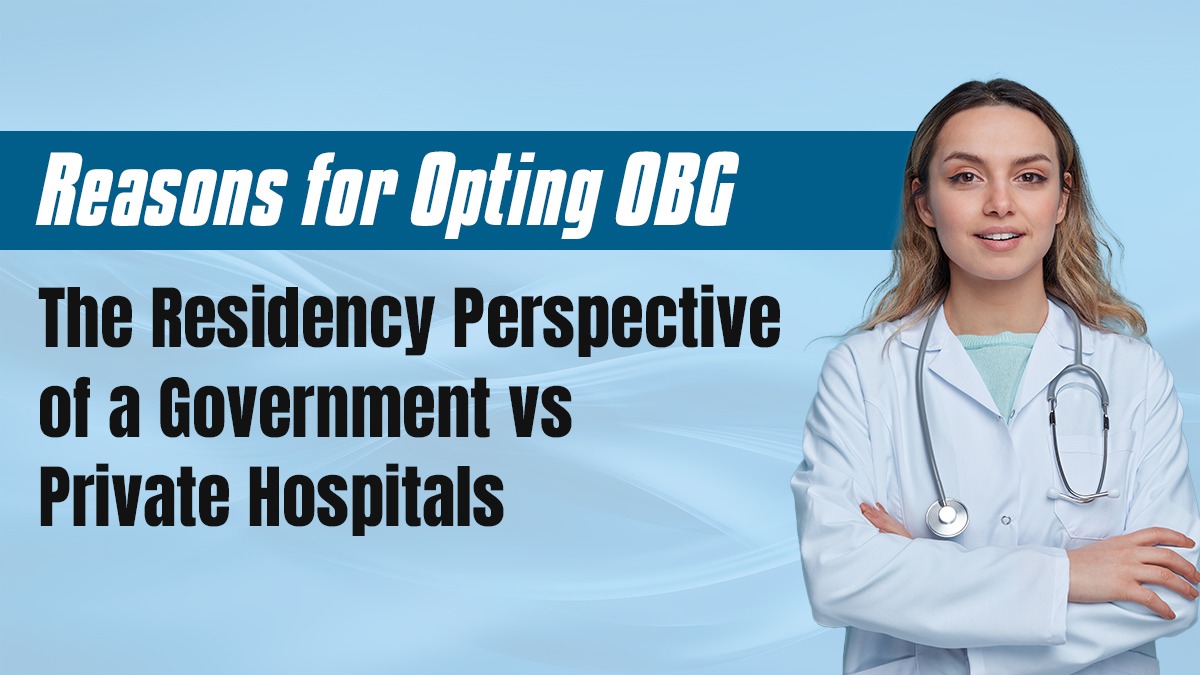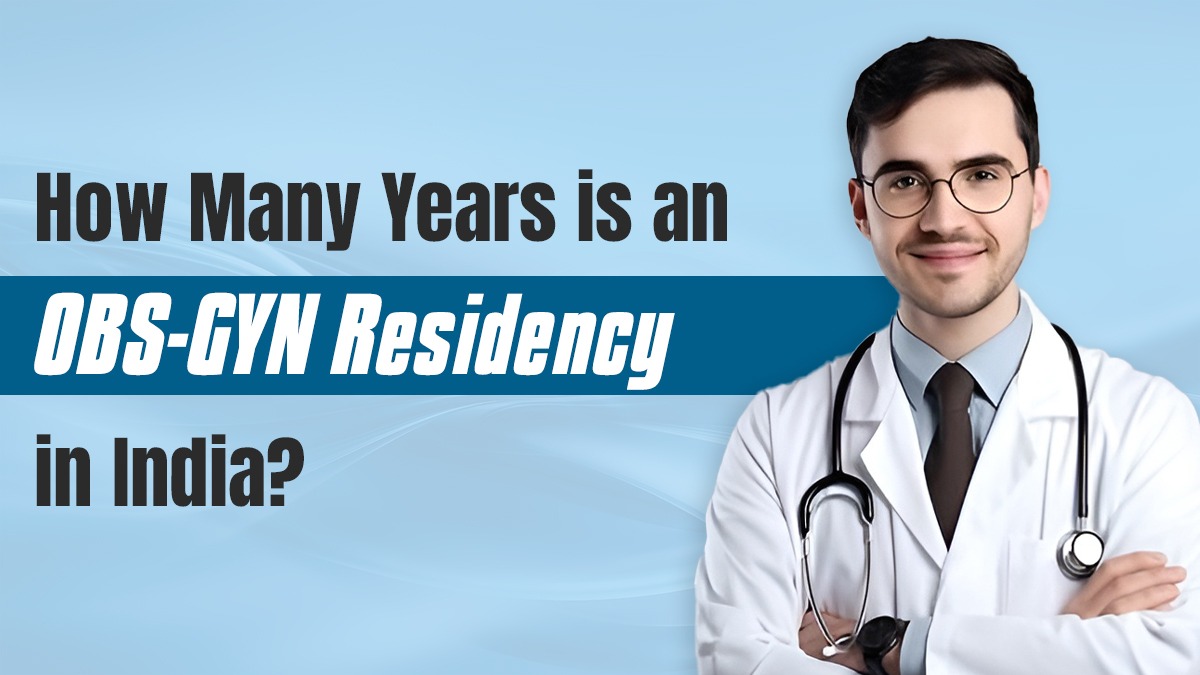Estimated reading time: 4 minutes
One of the most significant turning points in your medical career is completing your OB-GYN residency. You have obtained practical surgical experience, managed complicated deliveries, properly navigated through crucial situations, and mastered fundamental clinical skills. But when your exams are finally done and your training brooch is retired, then the question arises: what’s next?
In reality, residency is not just the end, but the beginning of a fulfilling and diverse professional path. Whether you visualize leading a state-of-the-art maternity center, that specializes in gynecologic oncology, and inspiring the students in academia. Although as an obstetrics and gynecology resident, the future holds a wide array of wonderful opportunities for you with Conceptual OBG.
Various career paths are available after OB-GYN residency
In this blog, you will get the complete information about the career path available after OBG residency:
1.Clinical supervision to become an independent OB-GYN Consultant
Work settings:-
- You can join as a consultant in multi-specialty or maternity private hospitals.
- Another option is to become a freelance consultant, so you can visit multiple hospitals or clinics on a part-time basis.
- You can open your own clinic and offer OPD, antenatal care, gynecological consultation, and minor procedures.
- You can join corporate healthcare chains in Fortis, Apollo, CloudNine, etc, they offer positions.
Income Potential:
- Starting salary ranges from ₹1.5 to ₹2.5 lakh/month.
- Independent practice in Tier-1 cities may scale up to ₹5-6 lakh/month based on volume.
2.Super-Speciality (MCh/DM or Fellowships)
For those students who want deep knowledge, super specialization is the next step.
Available courses in India:
- MCh Gynecologic Oncology
- DM Reproductive Medicine
- MCh Fetal Medicine
DrNB/FNB Options :
- FNB Reproductive Medicine
- FNB High-Risk Obstetrics and Perinatology
- FNB Maternal & Fetal Medicine
3.Fellowships & Short-Term Courses
What if you are not ready for a full 3-year DM OR MCh? Then fellowships offer some focused training in specialised areas:
In-Demand Fellowship Areas:
- Infertility & ART (IVF)
- Laparoscopic/Minimal Access Surgery
- Urogynecology
- Gynecologic Oncology
High-Risk Obstetrics
- These can be pursued in:
- Tertiary institutes (AIIMS, CMC Vellore, Manipal)
- Private IVF or laparoscopy training centres
- International bodies (ISAR, FOGSI-accredited courses)
4.Academics & Teaching
If you’re passionate about guiding the next generation of OB-GYNs, academia might be your calling.
Career Path:
- You can join as a Senior Resident or Assistant Professor
- Get involved in teaching UG/PG students, supervising dissertations
- You can make your career growth toward Professor, HOD, or Dean in
5.Hospital Administration & Leadership
OB-GYN residents who have strong management and communication skills can move into leadership roles.
Possible Roles:
- Medical Superintendent
- OT/Delivery Suite In-Charge
- Hospital Quality Control Manager
- Clinical Governance Head
To enhance your credentials, you can pursue:
- MBA in Hospital Administration
- MPH (Public Health) for population health roles
- PGDHHM from IGNOU or similar institutions
6.Working Abroad
United Kingdom
PLAB + GMC registration
MRCOG is highly valued
NHS jobs available post-CT/ST3 equivalence
United States
USMLE + Residency Match (if not waived)
Opportunities in clinical fellowships, research, or observerships
Australia & New Zealand
AMC + supervised training
Jobs available after registration + experience assessment
7.Non-clinical roles for OB-GYNs
Not all OB-GYNs want to stay in the OT or labour room forever. There are non-clinical careers too!
Options Include:
- Medical writing or content creation
- Digital health consulting (telemedicine, app-based prenatal care)
- Clinical research or trials
- Health tech startups (FemTech, IVF tech, etc.)
- Medico-legal consulting
- Public Health & NGO work in maternal health
These paths offer lifestyle flexibility and opportunities to impact women’s health beyond the hospital.
Choosing the Right Path: Self-Check Questions?
Before deciding your direction after OB-GYN residency, Ask these questions to yourself:
- Do I want to specialize more or start earning now?
- Am I more inclined toward surgery, fertility, academics, or public health?
- Do I want to work independently or within a hospital setup?
- Is international practice a priority?
- What kind of work-life balance am I aiming for?
Conclusion
Life after OB-GYN residency is full of options. There’s no single “right” path. Whether you’re helping deliver babies in a village, running an IVF centre, guiding medical students, or launching a FemTech app, you’re contributing meaningfully to women’s health.



